Winter is a beautiful season, with its crisp air and cozy evenings by the fireplace. However, it also brings along its fair share of challenges, and one common issue many people face during this time is dry hair. The drop in temperature, combined with low humidity levels, can strip your hair of its natural moisture, leaving it dry, brittle, and prone to damage. In this article, we will explore the causes of dry hair in winter, as well as provide effective remedies and tips to keep your hair healthy and hydrated throughout the season.
Table of Contents
Signs and symptoms
Having healthy hair not only enhances our appearance but also contributes to our overall confidence. However, the cold winter months can be particularly challenging for our hair, leading to dryness, frizz, and breakage. It is crucial to understand the factors that contribute to dry hair in winter and take appropriate measures to counteract them effectively.
Understanding Dry Hair
Dry hair is a condition where the hair strands lack sufficient moisture and natural oils, resulting in a rough texture, brittleness, and an overall unhealthy appearance. It can make your hair prone to damage, such as split ends and breakage. Identifying the signs of dry hair is essential in addressing the issue promptly.
Causes of Dry Hair in Winter
Low Humidity Levels
During winter, the air tends to be drier due to low humidity levels. As a result, the moisture in our hair evaporates more quickly, leaving it dry and parched. Additionally, indoor heating further depletes the humidity in the environment, exacerbating the problem.
Excessive Use of Heating Devices
To combat the cold, we often turn to heating devices like blow dryers and straighteners. Unfortunately, these appliances strip away the natural oils from our hair, making it dry and prone to damage. The heat from these devices can also cause split ends and breakage.
Overwashing and Hot Showers
While it may be tempting to take hot showers during the winter months, the hot water can strip away the natural oils from your scalp and hair, leading to dryness. Additionally, overwashing your hair can further aggravate the issue, as it removes the essential oils that keep your hair moisturized.
Winter Hair Care Routine
Developing a proper winter hair care routine is crucial to combat dryness and maintain healthy hair throughout the season. Here are some essential steps you can incorporate into your routine:
Hydrating Shampoos and Conditioners
Choose shampoos and conditioners specifically formulated for dry and damaged hair. Look for products that contain moisturizing ingredients like shea butter, argan oil, or glycerin. These ingredients help replenish moisture and nourish your hair, keeping it hydrated and soft.
Deep Conditioning Treatments
Regular deep conditioning treatments are a game-changer for combating dry hair in winter. Use a rich, hydrating hair mask once or twice a week to provide your hair with an intense moisture boost. Leave the mask on for the recommended duration to allow the ingredients to penetrate deeply into your strands.
Regular Oiling and Moisturizing
Massaging your scalp and hair with natural oils like coconut oil, olive oil, or almond oil helps restore moisture and promotes overall hair health. Apply the oil to your scalp and hair, leave it on for a few hours or overnight, and then rinse thoroughly. For added hydration, use leave-in conditioners or moisturizing creams.
Protecting Hair from Environmental Factors
Shielding your hair from the harsh winter elements is essential to prevent dryness and damage. Follow these tips to protect your hair from environmental factors:
Wearing a Hat or Scarf
Covering your head with a hat or scarf helps retain heat and moisture, reducing the chances of moisture loss from your hair. Opt for hats or scarves made of natural materials like wool or silk, as they are gentler on your hair.
Avoiding Excessive Heat Styling
Limit the use of heat styling tools like curling irons and straighteners, as they can cause further damage and dryness. Embrace your hair’s natural texture or try heatless styling methods during the winter months.
Limiting Exposure to Harsh Winds
Protect your hair from cold winds by wearing a hood or using a protective spray or serum that forms a barrier against the wind. Harsh winds can strip away moisture from your hair and make it more prone to breakage.
Dietary Considerations for Healthy Hair
Maintaining a balanced diet rich in essential nutrients is crucial for healthy hair, especially during the winter months. Incorporate the following foods into your diet to promote hair health:
Importance of a Balanced Diet
A well-rounded diet consisting of fruits, vegetables, lean proteins, and whole grains provides your body with the necessary vitamins and minerals to support hair growth and hydration.
Foods Rich in Essential Nutrients for Hair Health
Include foods such as avocados, fatty fish like salmon, nuts and seeds, eggs, spinach, and sweet potatoes in your meals. These foods are packed with nutrients like omega-3 fatty acids, vitamin E, biotin, and iron, which promote healthy hair growth and combat dryness.
Lifestyle Habits for Hydrated Hair
In addition to a proper hair care routine and a balanced diet, adopting certain lifestyle habits can contribute to hydrated hair during winter. Consider the following tips:
Avoiding Excessive Hair Brushing
Brushing your hair excessively can lead to breakage, especially when it’s dry. Be gentle and use a wide-toothed comb to detangle your hair, starting from the ends and working your way up to prevent unnecessary damage.
Using a Wide-Toothed Comb
A wide-toothed comb is gentler on your hair and helps prevent breakage. It also reduces the risk of static, which is common during winter due to the lack of moisture in the air.
Minimizing the Use of Chemical Treatments
Chemical treatments like coloring, perming, or relaxing can further strip away moisture from your hair. Minimize the use of such treatments during the winter months to prevent excessive dryness and damage.
Myth Busters: Common Misconceptions about Dry Hair
Let’s debunk a couple of common misconceptions about dry hair:
Cutting Your Hair Frequently Will Promote Growth
While regular trims are essential for maintaining healthy hair, cutting your hair does not directly promote growth. Trimming helps get rid of split ends, preventing them from traveling up the hair shaft and causing further damage.
Applying Oil Overnight Will Moisturize Your Hair
While overnight oil treatments can provide some hydration, the effectiveness depends on the type of oil and individual hair characteristics. It’s best to experiment and find what works for your hair, as some oils may weigh it down or leave it greasy.
Seeking Professional Help
If you’re experiencing persistent dryness and none of the remedies seem to work, it’s advisable to seek professional help. Consult a trichologist or dermatologist who specializes in hair and scalp health. They can assess your condition, diagnose any underlying issues, and provide personalized recommendations.
Conclusion
Dry hair during winter can be a common struggle for many individuals. However, by understanding the causes of dryness and adopting a holistic approach to hair care, you can overcome this challenge and maintain healthy, hydrated locks throughout the season. Remember to follow a proper winter hair care routine, protect your hair from environmental factors, nourish it from within with a balanced diet, and be mindful of your lifestyle habits. With consistent care and attention, you can enjoy luscious, vibrant hair all year round.
FAQs
-
Can dry hair lead to hair loss?
Dry hair itself may not directly cause hair loss. However, excessive dryness and neglect can lead to hair breakage and damage, which may give the impression of thinning hair.
-
Can using a hair conditioner daily make my hair greasy?
Using a conditioner daily is generally safe, but it’s essential to choose the right conditioner for your hair type and apply it correctly. Avoid applying conditioner directly to your scalp and focus on the mid-lengths and ends to prevent greasiness.
-
Are there any specific hairstyles that can help protect my hair in winter?
Wearing protective hairstyles like braids, buns, or updos can help shield your hair from harsh winter elements. These styles minimize exposure to wind, cold, and friction, reducing the chances of moisture loss and damage.
-
Is it necessary to wash my hair less frequently during winter?
It’s not necessary to wash your hair less frequently during winter unless your scalp becomes excessively dry. If your hair feels clean and healthy, continue with your regular washing routine, but make sure to use moisturizing shampoos and conditioners.
-
Can stress contribute to dry hair during winter?
Yes, stress can impact your hair’s health, including its moisture levels. During winter, combining stress with external factors like low humidity can worsen dryness. Engaging in stress-management techniques can positively influence your hair’s condition.
Remember, everyone’s hair is unique, and it may require some experimentation to find the best practices and products that work for you. If you’re concerned about your hair’s health, don’t hesitate to consult a professional for personalized advice and guidance.





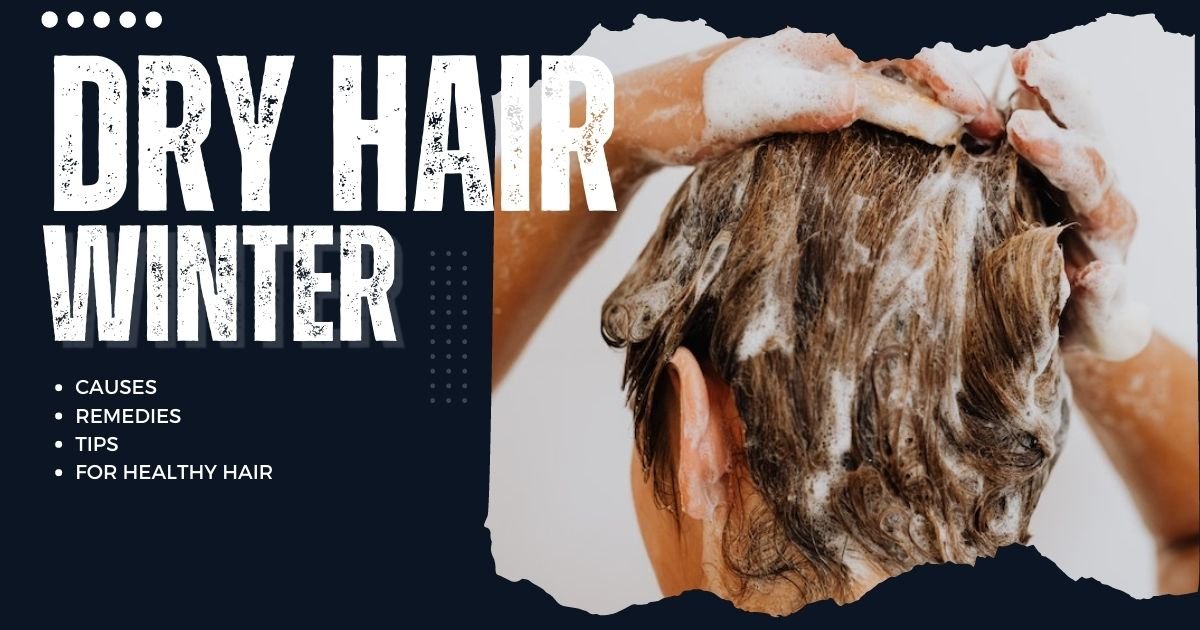
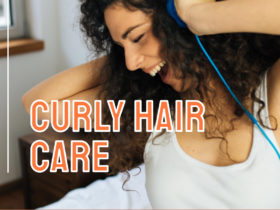


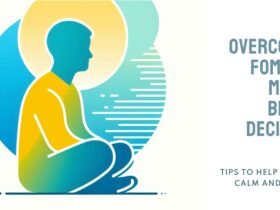

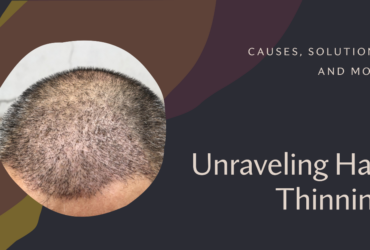
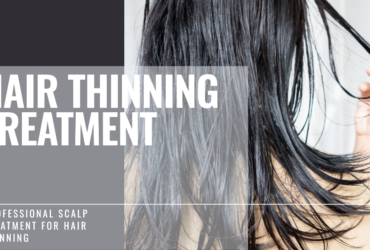
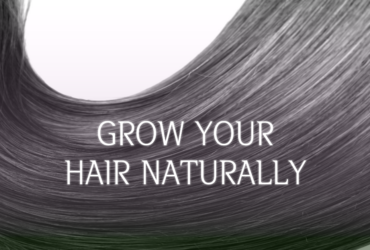
Leave a Reply
View Comments